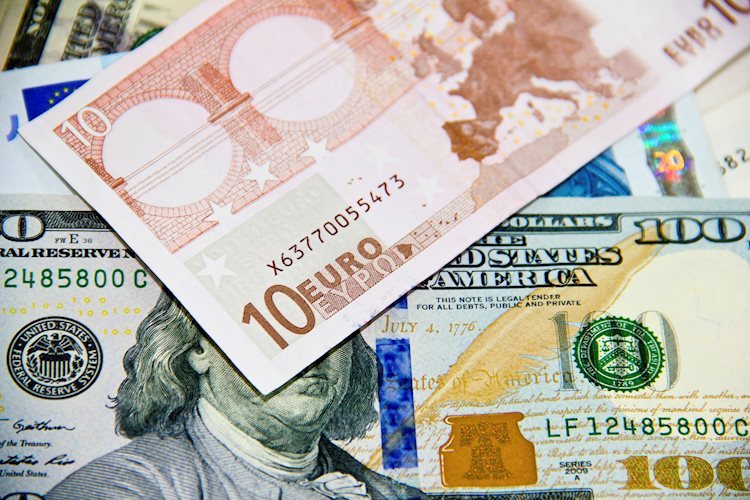Election-related concerns are putting pressure on French assets, leading to a defensive stance in the markets and causing the Euro to remain weak. Shaun Osborne, chief FX strategist at Scotiabank, notes that the OAT/Bund 10Y has risen above recent peaks to 73bps, and French bank stocks are experiencing double-digit percentage losses. This defensive market behavior is expected to keep the Euro on the back foot for the time being.
The Euro is currently facing challenges due to the loss of support around the 1.07 area, making it appear soft towards the end of the week. Despite this, short-term patterns show some demand emerging around the intraday low and retracement support at 1.0675. Additionally, there is the possibility of a bullish “hammer” signal forming, which could potentially boost the Euro’s performance in the near term.
A potential indicator of improvement for the Euro would be a move above 1.0725, which could help the currency stabilize or even experience some gains in the short run. However, if the Euro fails to break this level, a retest of 1.06 is likely on the horizon. The outcome of the upcoming French elections will heavily influence the direction of the Euro in the coming days and weeks.
Investors and analysts are closely monitoring the situation in France, as any political developments could have a significant impact on the Euro and other financial markets. The defensive stance currently being taken by investors reflects the uncertainty and potential risks surrounding the election outcome. This cautious approach is likely to persist until there is more clarity on the political situation in France.
Despite the current challenges facing the Euro due to election-related concerns, there is still hope for potential improvement in the short term. The formation of a bullish signal and the possibility of gains through key resistance levels could provide some relief for the Euro in the coming days. However, the currency remains vulnerable to further downside risks until there is more certainty regarding the outcome of the French elections.
In conclusion, the pressure on French assets and election-related concerns are keeping the Euro on the back foot, forcing markets to adopt a defensive stance. The performance of the Euro in the short term will be heavily influenced by key resistance levels and potential bullish signals. Investors should continue to monitor the situation in France closely for any developments that could impact the Euro and other financial markets.











